Cuba's Chevy Doctor Keeping Classic Cars On The Road
In Cuba, where American cars older than the average inhabitant are a common sight on city streets, Pablo Manso makes his living in a very particular niche: repairing Chevrolets from 1955, 1956 and 1957.
The self-taught technician plies his trade in a workshop he built 15 years ago at his home in Placetas, a small city in the rural center of the communist island.
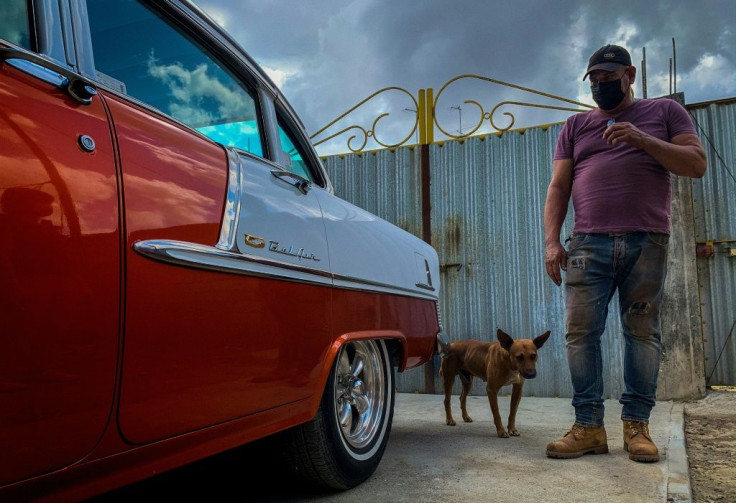
He recreates Chevy parts with machines he built himself in a country where US sanctions have crippled imports of cars, parts and tools of the trade.
"Modern cars do not interest me," the 53-year-old Manso told AFP with a shrug.
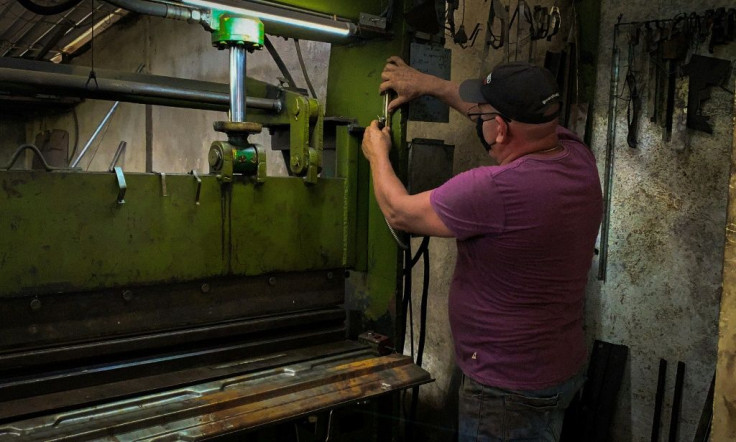
It took him years to teach himself his craft, working day and night and learning through trial and error.
"I was tearing my hair out," he laughs.
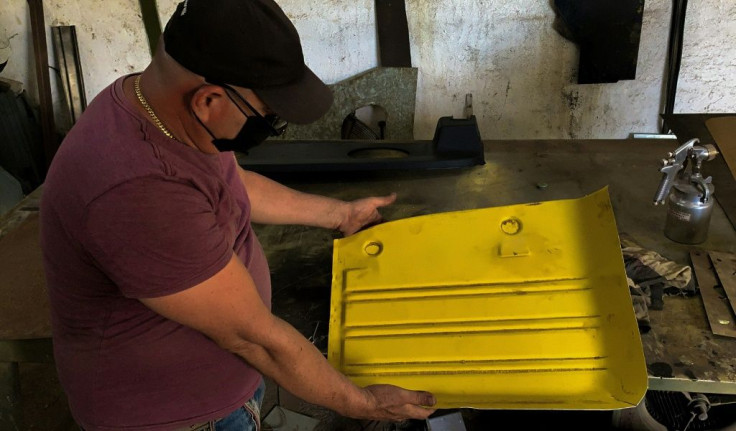
His efforts have paid off, and today, Chevrolet owners from all over Cuba -- even further afield -- look to him to keep their motors running.
"People are commissioning pieces from many countries," Manso said proudly -- citing orders from the United States, Canada, Italy and Spain.
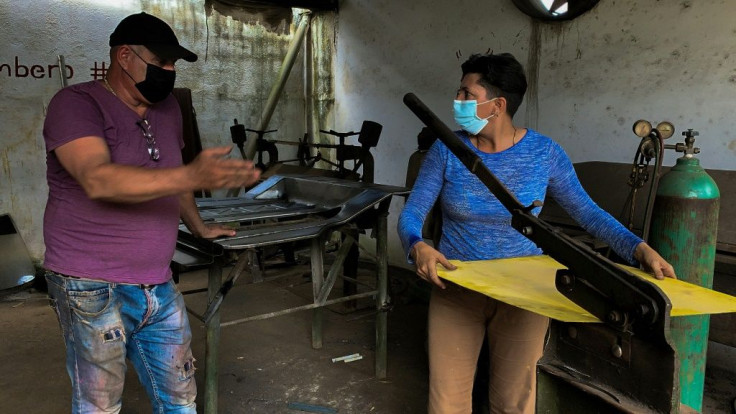
In the first half of the 20th century, Cubans imported tens of thousands of American cars, then brand new.
But economic sanctions declared in 1962 against the government of Fidel Castro stopped the influx.
"We need tractors, not Cadillacs," Castro responded at the time.
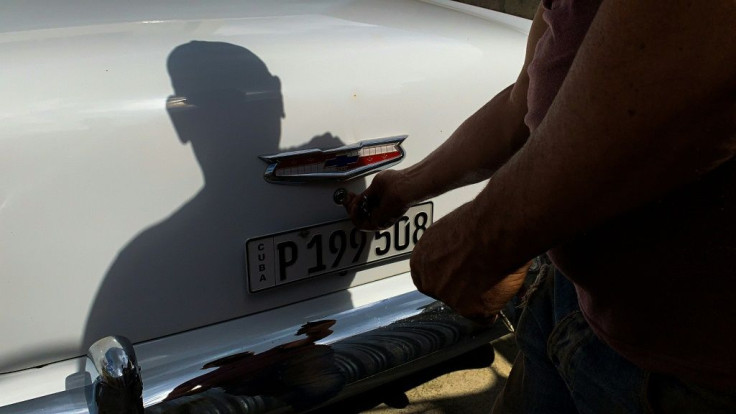
Today, it is estimated that some 60,000 American classic vehicles from the 1940s and 1950s are in circulation in Cuba.
The cars are pampered by their owners, who rely on them for daily transport but also to convey tourists in a country where the cars have themselves become a key attraction.
Manso himself owns a red and white Chevrolet Bel Air from 1955, a shining museum piece with almost all its original parts except for the engine, which is from Toyota.
This has been the biggest adaptation to most surviving Chevys in Cuba, with the original engines not surviving the passage of time.
Manso says Chevrolet "made a leap towards modernity" in 1955, and that year, 1956 and 1957 were the "years of success" for the US automaker -- hence his chosen specialty.
He recalls getting a visit once from the head of a Chevrolet workshop in Miami, accompanied by the manager of an auto parts factory in Taiwan who got "goose bumps -- he could not believe these rustic machines could produce such quality parts."
Manso has taken on a 32-year-old apprentice, Lemaydi Madrigal.
Shaping a piece of metal for a part, she told AFP she knew "almost nothing about cars" at first.
"What I like most (to make) are the floors of the luggage compartments: they are big, they are complicated but I like them!" she said.
© Copyright AFP {{Year}}. All rights reserved.





















